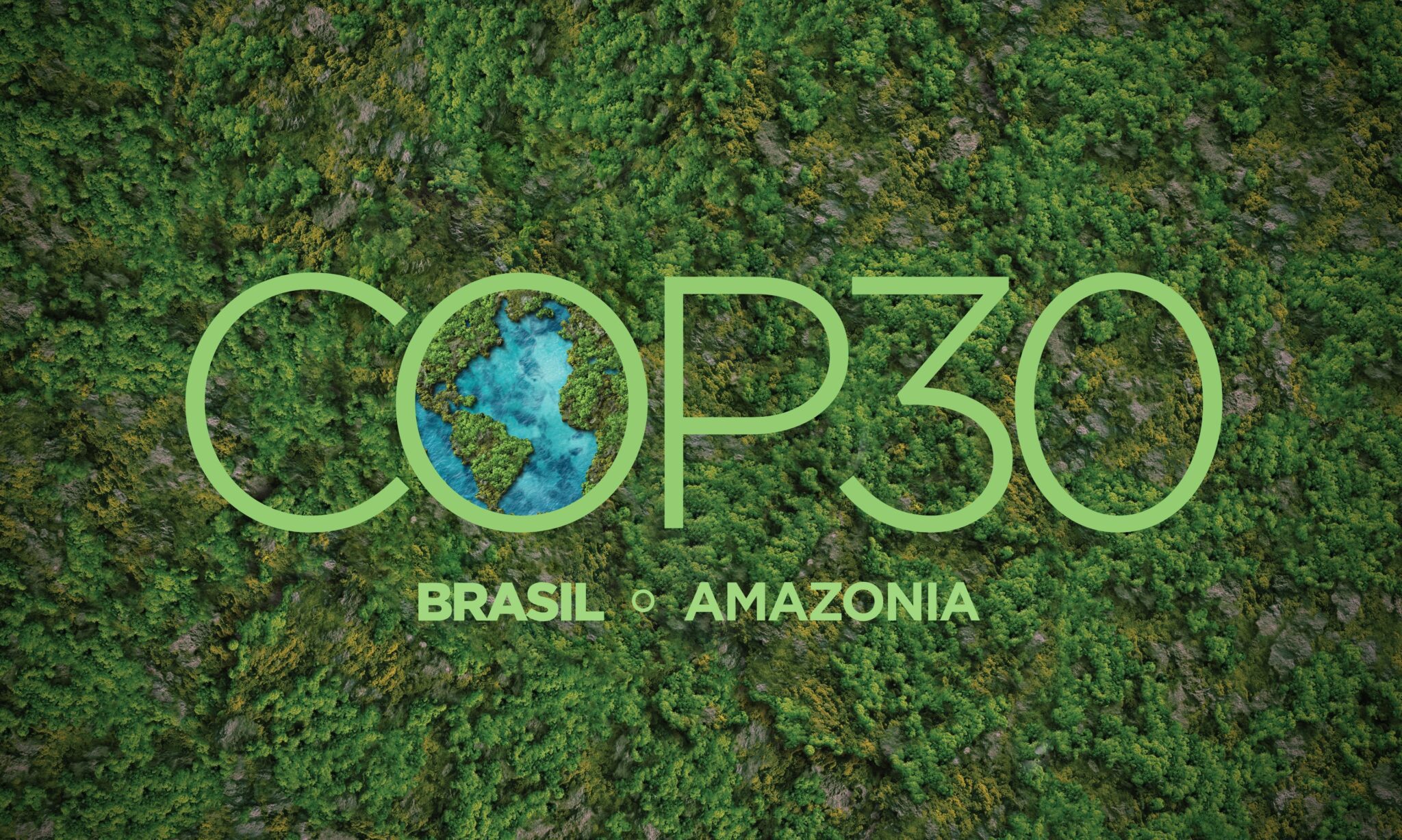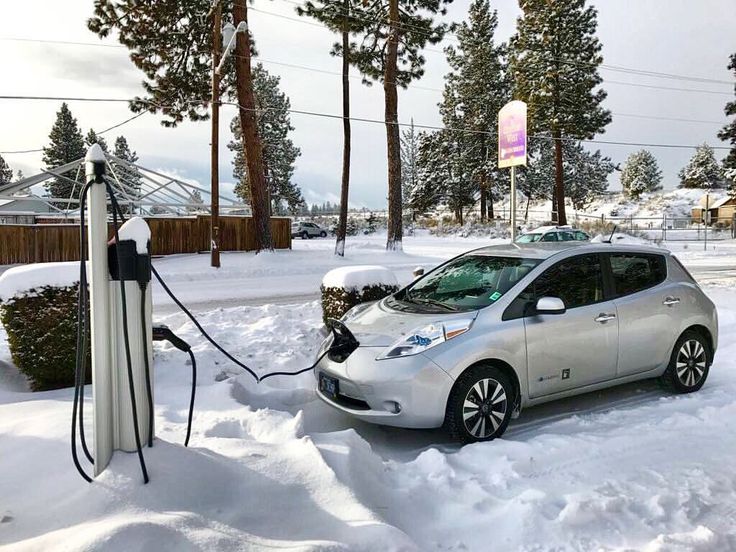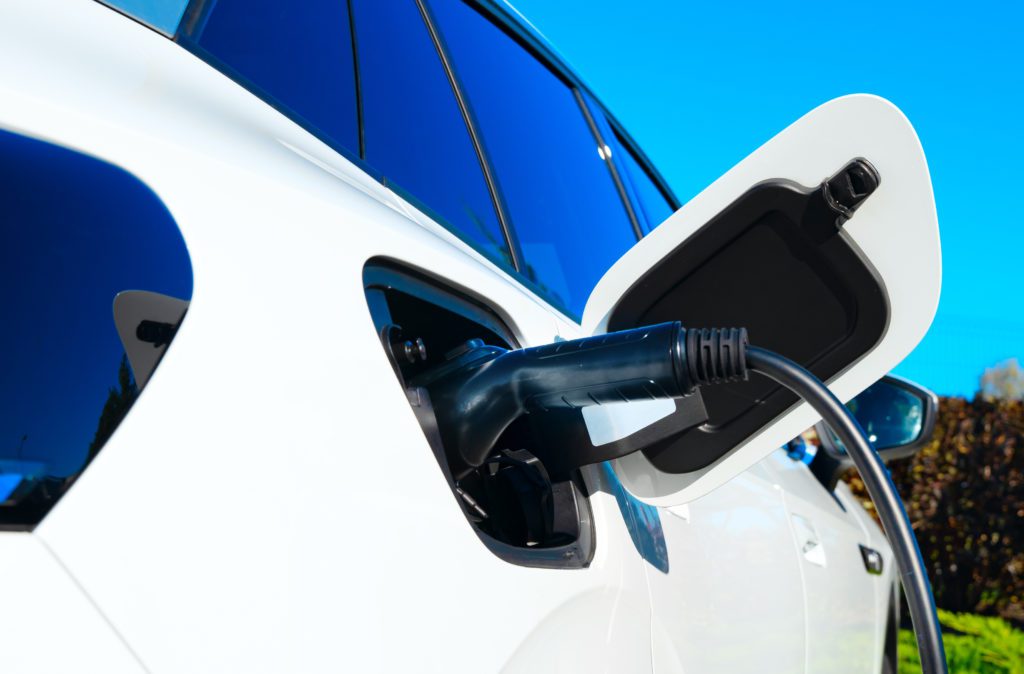Today marks the opening of COP30 in Belem, Brazil, the 30th edition of the United Nations Climate Change Conference. For two weeks, world leaders and negotiators will gather in the heart of the Amazon, a place that captures both the scale, risks and urgency of the climate crisis.
The symbolism couldn’t be stronger. The Amazon, often called the lungs of the Earth, is under siege from deforestation, fossil fuel extraction and rising temperatures. It’s a fitting, if uncomfortable, backdrop for a summit meant to chart the world’s path away from planetary breakdown.
For Canada, this is not just another climate conference. It is a credibility test. Thirty years after the first COP in Berlin, and a decade after the Paris Agreement, the time for pledges has passed. What matters now is proof of progress.
A Turning Point for Global Climate Ambition
This year’s COP is a pivotal one. All countries are expected to prepare and announce their third round of Nationally Determined Contributions (NDCs) under the Paris Agreement, which could very well be the last opportunity to put the world on a credible path to meeting the 1.5°C target.
For Canada, the stakes couldn’t be higher. Canada remains off track to meet its existing 2030 goal of cutting emissions 40-45 per cent below 2005 levels. Despite progress in some sectors, rising oil and gas pollution continues to swamp national emission reduction progress.
This means that Canada’s next NDC must be far more ambitious and based on an action plan that is more credible than the last. It should reflect a clear commitment to aligning national policies with the Paris Agreement, including a managed and equitable phaseout of fossil fuel production, stronger support for clean energy, and measures that ensure workers and communities benefit from the transition.
This is the moment for Canada to turn climate ambition into reality.
No More Word Games on Fossil Fuels
Expect the phrase “phaseout of unabated fossil fuels” to dominate negotiations again in Belem, Brazil. “Unabated” implies continued fossil fuel use as long as it’s paired with carbon capture or other similar carbon removal technologies. This has become a political escape hatch for oil producing countries like Canada.
But the science couldn’t be clearer: there is no pathway to 1.5°C that allows for continued fossil fuel expansion. Carbon capture may play a very limited role in certain sectors, but it can’t justify new oil and gas projects or prolong the life of the fossil fuel industry.
If Canada wants to be seen as a climate leader, it must support a full, time-bound global phaseout of fossil fuels, not just clever accounting. This means:
- Ending all subsidies and public financing for fossil fuels domestically
- Rejecting subsidies for false solutions like carbon capture and storage that only extend the life of fossil fuels
- Investing instead in renewable power, electrification and clean energy jobs
At COP30, Canada has the chance to join countries calling for an equitable and just fossil fuel phaseout. It must not let that chance slip up again.
Financing Fairness and Climate Justice
The question of who pays for the global energy transition will be front and center at COP30. At COP29, wealthy nations, like Canada, promised to mobilize USD $300 billion per year to help developing countries reduce emissions and adapt to climate impacts. This figure fell terribly short of the recommended USD 1.3 trillion per year.
Climate disasters continue to escalate worldwide. From devastating floods in Pakistan to droughts across Africa, communities least responsible for the climate crisis are facing the worst consequences. Meanwhile, global north countries, which have generated massive wealth from climate change causing activities continue to fail in providing adequate funding for countries in the global south.
Canada and other wealthy countries must contribute their fair share to the Loss and Damage Fund to support countries suffering from climate impacts. Climate finance isn’t an act of generosity, it is a matter of responsibility and solidarity.
Delivering a Just Transition
Achieving a just transition will be another key theme at COP30, and with good reason. The shift away from fossil fuels must be fair, while protecting workers, communities and upholding Indigenous rights.
In Canada, the Sustainable Jobs Act is a solid start, but it must be backed by real funding and implementation, including wage supports, retraining and regional investments in clean industries. A credible transition plan must also prioritize Indigenous leadership and ownership in new energy projects.
Globally, Canada can help shape a transition that avoids reproducing inequities by supporting countries in the Global South to move past fossil fuels and build resilient, community-led renewable energy systems.
Thirty years of COP has delivered progress but not nearly at the scale or speed needed to address the climate crisis. Canadians are already feeling the consequences of climate breakdown in the form of wildfires, floods and billions of dollars in losses through disasters. As COP30 begins, Canada must match words with action: stronger targets, a real action plan, real financing and a fossil fuel phaseout that is fair for all.









